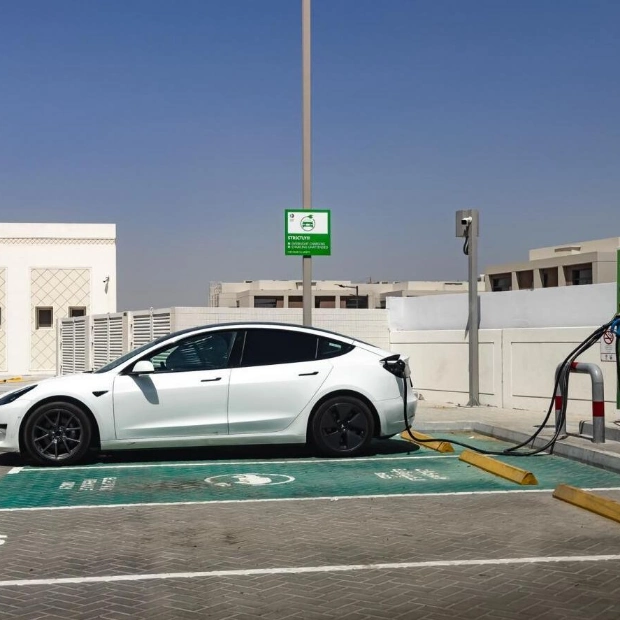It's time to abandon dating apps. Apps like Tinder and Bumble gained popularity due to their appeal, specifically targeting millennials and younger generations. They showcased how effortlessly one could obtain what they desired through the transformative power of the internet. For digital natives like Gen-Z, transitioning to these apps should have been straightforward. A decade ago, older members of Gen-Z, including myself, started using them right after high school, stepping into the complexities of adulthood. However, like many in my generation, the apps lost their appeal, overshadowed by a growing sense that the algorithms behind them prioritize endless swiping over delivering what users seek. It's crucial to note that these dating apps did not emerge in isolation but alongside the rise of social media and the decline of early dating websites like OkCupid, Match, and Plenty of Fish. Tech developers and entrepreneurs intervened in spaces where their presence was unnecessary. The surge of these apps led to the decline of other essential aspects of daily life, such as the vanishing of the third place—home being the first, work the second—and people losing the art of flirting or the joy of setting up friends. But why have these apps waned in popularity, and what are Gen-Z individuals missing that others found? While it's clear that these apps have become tools for data theft, there's also the classic Gen-Z perspective: we discard what doesn't serve us. In essence, I used these apps to find my partner. Whether called a soulmate or life partner, I didn't find that on the apps, and I've been happier without them. This is a common pitfall among Gen-X and millennials, believing technology can solve all our problems, a belief not shared by Gen-Z. In fact, Morning Consult's research from last year indicates that Gen-Z's trust in tech companies is increasing, particularly in those that focus more on marketing than product improvement. Only 43% of Gen-Z adults surveyed trust major tech companies to act right 'a lot' or 'some' of the time. In contrast, Gen-X and Baby Boomers showed more trust than distrust, at 52% and 53%, respectively. Gen-Z's trust in dating apps is even lower, as reported by Axios and Generation Lab. 'Seventy-nine percent of university students and others [Gen-Z] are avoiding regular dating app usage,' with Bumble facing significant backlash last year for ads targeting women with an anti-celibacy message to boost app usage. Others describe Bumble and its main competitor Tinder as barren lands of bots and scammers, weary of being blamed on algorithms or ridiculed for seeking anything genuine. A local man recounts 'toxic behaviors and materialistic motives' in a woman who lied about her age and appearance and misrepresented her dating intentions. 'She was disappointed to learn I didn't own a house—an unrealistic expectation for a 22-year-old.' Given all this, it's time to abandon dating apps. Pursue a hobby, enjoy time with a large group of friends, and avoid the risk of being scammed.

Text: Lara Palmer
27.06.2024
Exploring the decline of dating apps among Gen-Z and the rise of alternative social interactions





